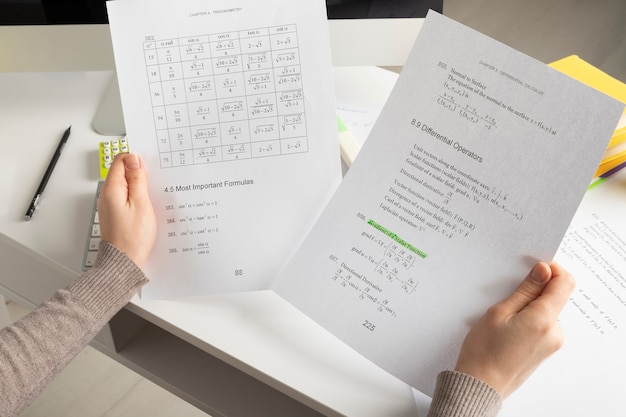
Advanced Modal Verb Usage
Modal verbs are an essential part of the English language. They are used to express various meanings such as ability, possibility, obligation, permission, and more. While basic modal verb usage is relatively straightforward, there are advanced modal verb structures and nuances that can further enhance your English proficiency. In this article, we will explore some of the advanced usages of modal verbs, providing examples and practice exercises to help you grasp these concepts effectively.
1. Modal Verbs for Deduction
In addition to expressing certainty or possibility, modal verbs can also be used to make deductions or draw conclusions about the past. The most common modal verbs used for this purpose are ‘must have,’ ‘might have,’ and ‘could have.’
Take a look at the following table to understand how these modal verbs are used:
| Modal Verb | Meaning | Example |
|---|---|---|
| must have | almost certain deduction | She must have missed the train because she’s not here. |
| might have | possible deduction | He might have forgotten his wallet at home. |
| could have | alternative deduction | They could have taken a different route to avoid traffic. |
By using these modal verbs, you can express your assumptions or deductions about past events or situations.
2. Modal Verbs for Advice
Modal verbs are commonly used to provide advice or suggestions. However, there are certain modal verb structures that convey different degrees of advice. Let’s examine these structures:
| Modal Verb | Meaning | Example |
|---|---|---|
| should | strong advice | You should study harder if you want to pass the exam. |
| ought to | strong advice (more formal) | She ought to apologize for her behavior. |
| could | polite suggestion | You could try calling him to see if he’s available. |
| might | soft suggestion | We might consider taking a break before continuing. |
With these modal verbs, you can effectively provide advice or suggestions in different contexts and levels of formality.
3. Modal Verbs for Requests
Modal verbs are frequently used to make requests or ask for permission. However, there are different ways to express requests, depending on the level of politeness or formality required. Let’s explore some modal verb structures for making requests:
| Modal Verb | Meaning | Example |
|---|---|---|
| can | informal request | Can you pass me the salt, please? |
| could | polite request | Could you please close the door? |
| would | polite request (more formal) | Would you mind helping me with this task? |
Each of these modal verbs allows you to make requests in different degrees of politeness or formality, ensuring effective communication in various situations.
Practice Exercises:
Now that we have explored advanced modal verb usage, it’s time to put your knowledge into practice. Complete the following exercises by selecting the appropriate modal verb to fill in the blanks. The answers will be revealed at the end of the article.
- I _________ have left my keys at the office. I can’t find them anywhere.
- You _________ try the new restaurant downtown. The food is excellent.
- _________ you pass me the blue pen, please?
- She _________ have finished the report by now. She is always punctual.
- We _________ consider taking a vacation. We’ve been working hard lately.
Answer Key:
- must
- should
- Could
- should
- might
By mastering advanced modal verb usage, you can enhance your English communication skills and express a wide range of meanings more effectively. Remember to practice using these structures in various contexts to become more comfortable and fluent in their application.





